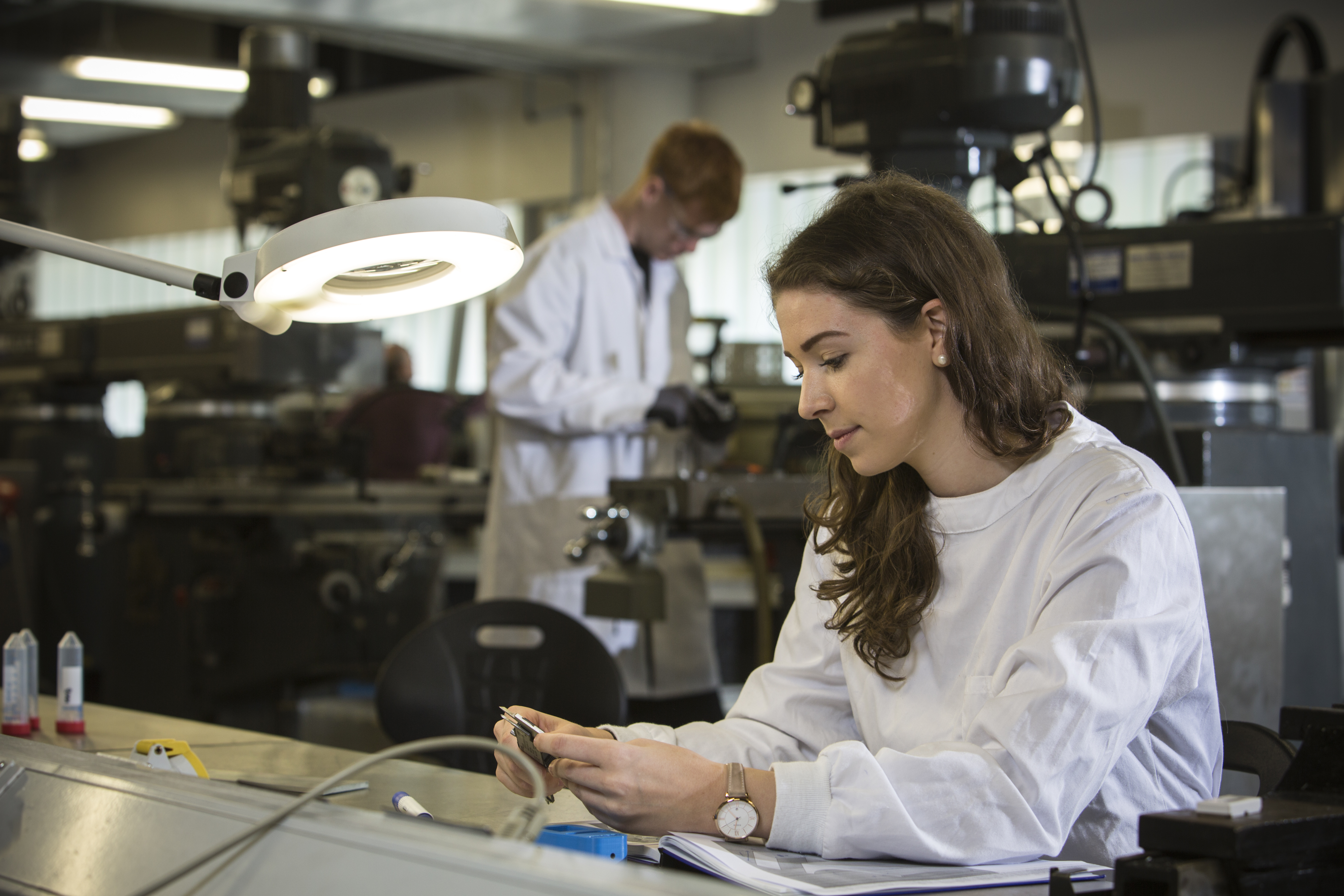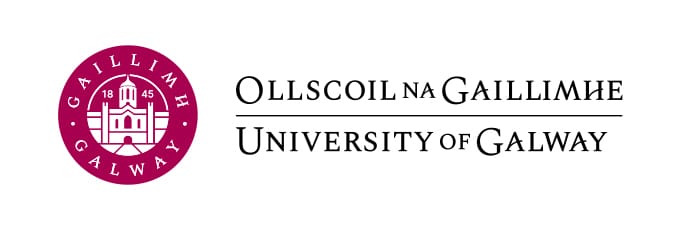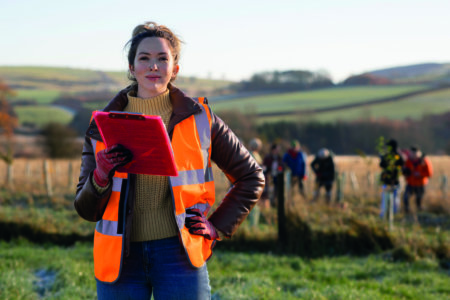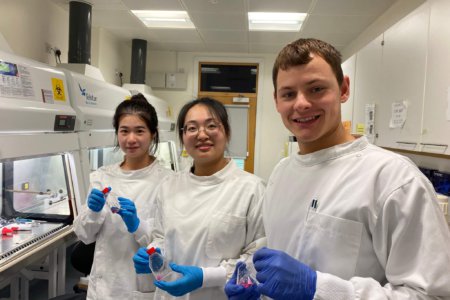Engineers have a leading role to play in society’s transition to a sustainable future. The University of Galway knows this well and sees the urgent need for more talent who can address irreversible changes in major ecosystems and the global climate. They have established new master’s degrees in their School of Engineering that advance students’ expertise in sustainability across all traditional engineering disciplines as well as programmes focused on Wind Energy, Construction Innovation and Energy Systems.
Without sustainability, there can be no true innovation in construction and no secure and resilient energy system, according to Prof Rory Monaghan, Head of Mechanical Engineering and professor in Energy Systems Engineering. “The university recognises that sustainability must be at the core of everything we do,” he says. “We empower our graduates with the knowledge to incorporate these aspects of sustainability to ensure affordability, justice, and access to the technologies of the future.”
The University of Galway is committed to integrating sustainability into higher education and fostering innovation in engineering solutions for a green future. Students taking on these engineering degrees will not only look at the environmental, economic, and social aspects of sustainability but also address the United Nations’s Sustainable Development Goals, which include Clean Water and Sanitation, Affordable and Clean Energy, Industry, Innovation and Infrastructure, Sustainable Cities and Communities, Responsible Consumption and Production, and Climate Action.
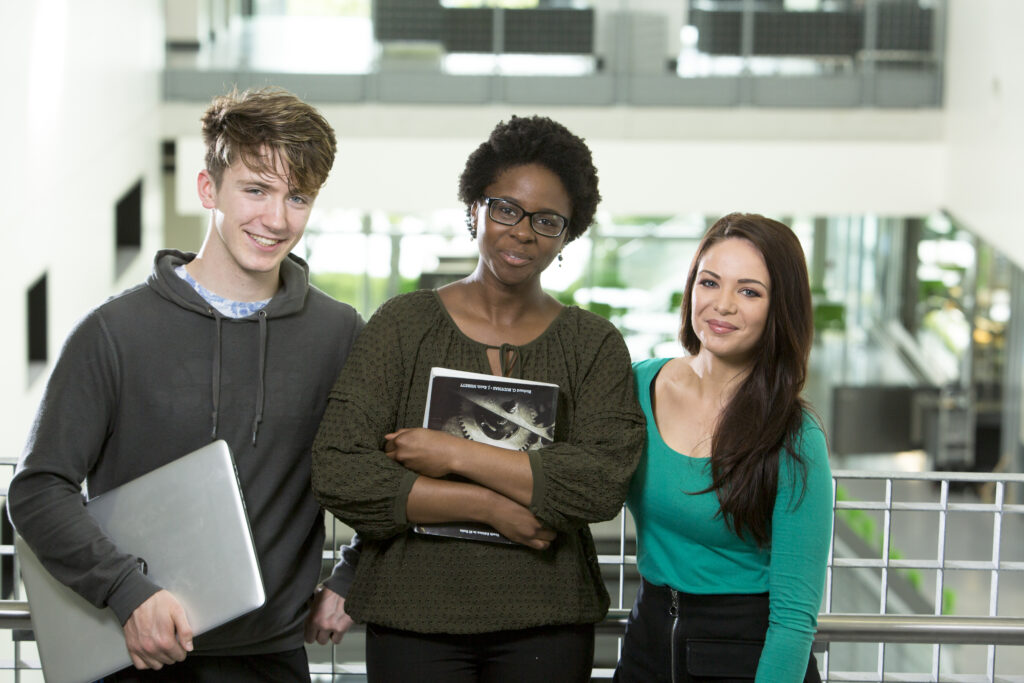
The University of Galway launches new engineering master’s degrees to incorporate sustainability into its programmes. Source: University of Galway
“Our graduates will drive the development of offshore renewable energy technologies, work to coordinate the energy grids of the future, in which any household can be its own energy producer, lead the deployment of clean drinking water technologies across the global south, develop new cost-effective, low and zero energy building materials, lead the development of truly sustainable, harness and store the power of renewable energy with novel technologies like green hydrogen,” Prof. Monaghan says.
These focused programmes will develop students to become future leaders capable of doing all of the above. That’s thanks, in large part, to the research projects. It’s a big part of each programme and Galway’s DNA. Academics here lead research projects across the spectrum of sustainability in offshore wind energy, green hydrogen, smart cities, net-zero buildings, digital twins for sustainable design and operations, autonomous vehicles, access to clean water, and more. As a student here, you’ll be free to explore the best approaches to addressing your chosen thesis topics.
“Students take modules in research methods to get formal grounding in how to frame a research question, how to assess the state of the art, and how to develop solutions that may not have been developed by anyone anywhere before,” says Prof. Monaghan. “By the time our students finish their projects, they will be equipped with the skills to tackle any research challenge.”
Take the MSc (Construction Innovation), for example. During the programme, students will have the opportunity to engage in research and development projects, working closely with academics and industry professionals to better understand the problems that the civil engineering sector faces, as well as creating prototypes that address these real-world challenges. The programme allows students to design and conduct stakeholder engagement activities so that they can gain a deeper understanding of the needs and expectations of various parties. This knowledge fosters more effective and sustainable innovation solutions that meet the needs of both people and the planet.
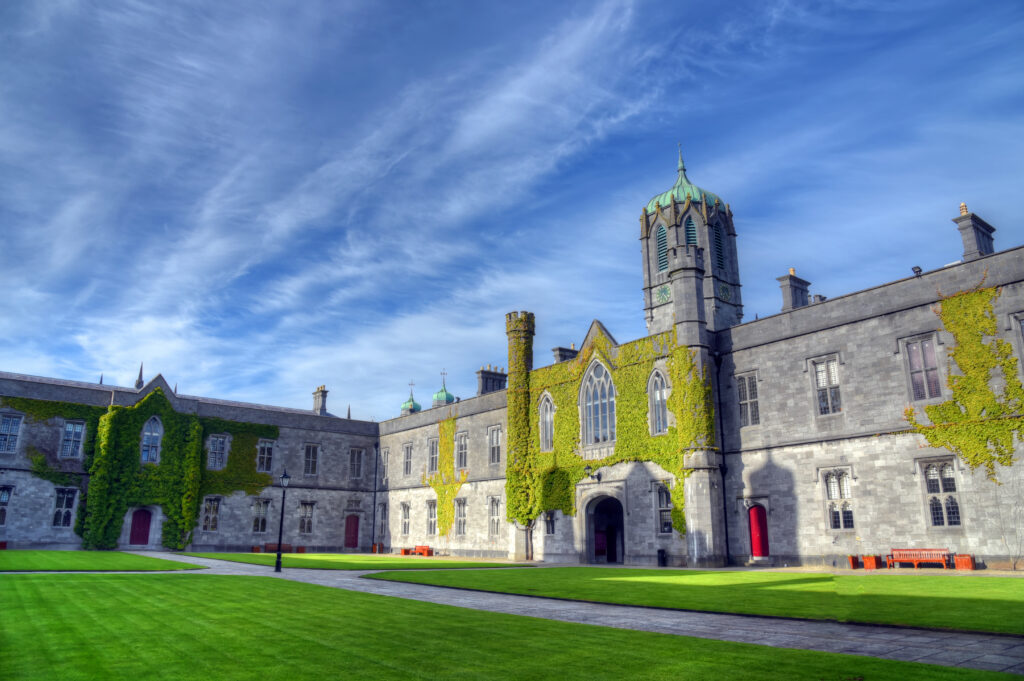
The University of Galway ranks in the top 50 universities in the world for sustainability and is the top university in Ireland for sustainable development. Source: University of Galway
Another is the Master of Engineering (Energy Systems Engineering), where you will receive training in the design of sustainable environmental systems, advanced renewable technologies, and digital technologies, as well as the impacts of climate change and circular economy principles. “The latest advancements in energy systems that will be covered by the programme include building energy management, renewable energy systems, electrical power systems, smart grid, facilities energy management and energy consultancy,” says programme director Dr. Magdalena Hajdukiewicz. “Furthermore, the programme will cover aspects of economics, policy, regulation, planning and the law, which are extremely important when considering various energy systems.”
A significant part of if the program is delivered through real-world industry examples and ongoing state-of-the-art energy research. “Students will receive training in technology development through an energy systems engineering project and thesis,” says Dr. Hajdukiewicz. “Those projects are predominantly designed as real-world projects in collaboration with industry and involving a research aspect.”
The MSc in Wind Energy Engineering is a new addition to the master’s degree programmes in the University of Galway. This newly launched degree was in response to billions of dollars being pumped by countries all over the world to ramp up wind power. Rich countries have thousands of projects lined up, driving demand for specialist engineering expertise in wind farm design, development, and operations.
“Students will learn high-level analysis and design calculations for wind turbines and their components, how to select the right technological solutions for specific project needs, and how to manage wind farm deployment, considering technical, environmental, social, and regulatory aspects,” says assistant professor Dr. Pedram Masjedi. “By covering these areas, the curriculum ensures that graduates are well-prepared to address industry challenges and contribute meaningfully to the growth of wind energy infrastructure.”
Like the other programmes, a wealth of research opportunities are available. This is thanks to the University’s strong collaboration with the wind energy industry in Ireland. “Students have the chance to work on cutting-edge topics alongside experienced faculty, who offer mentorship and guidance throughout their research,”says Dr. Masjedi. “This integration of academic knowledge with industry practice ensures that students not only learn theoretical concepts but also apply their findings in impactful, practical ways. By combining research with industry trends and real-world applications, the programme empowers students to drive innovation in wind energy engineering.”
Other new programmes that lead in innovation include the MSc (Medical Electronics & Digital Health) and the MSc (Intelligent Robotics). This variation of programmes is among the reasons why the university ranks among the top 50 in the world for sustainability and is the top university in Ireland for sustainable development. The university has significant investments in sustainable infrastructure including green laboratories, buildings, and energy-efficient systems, and has set ambitious targets for reducing its carbon footprint, further demonstrating its strong commitment to sustainability.
Follow the University of Galway on Facebook and Instagram, and the School of Engineering on LinkedIn, X, and YouTube.

